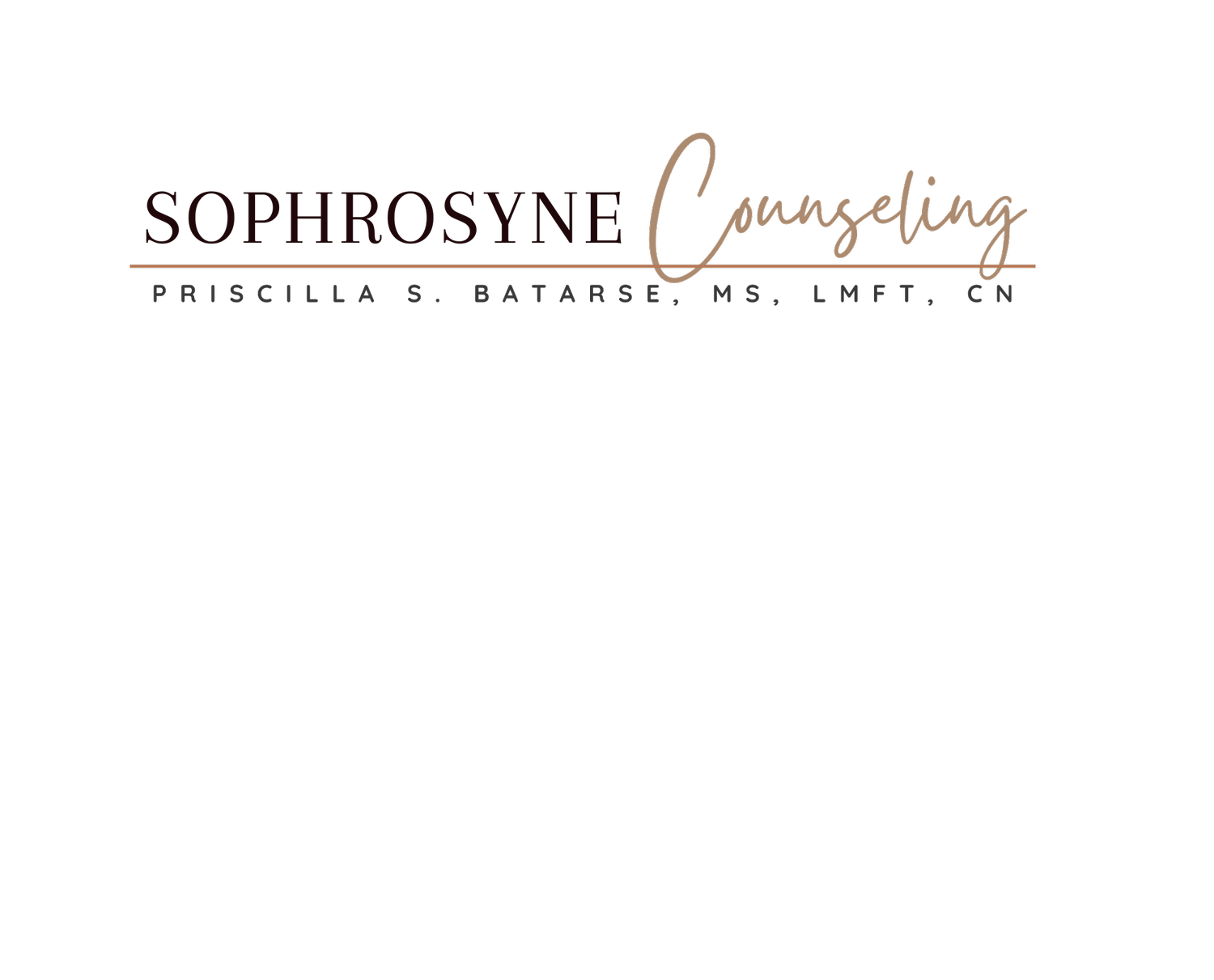Emotional Eating & Binge Eating Therapy
Do thoughts about food feel all-consuming? You're not alone. I help you build confidence and a sense of control by addressing the emotional patterns and mindset behind food struggles. With compassionate support, you'll learn to regulate emotions and develop a more peaceful relationship with food and your body.
I work with emotional eating and binge eating by addressing the underlying trauma that often drives these behaviors. My approach is trauma-informed and focuses on helping you develop a healthier relationship with food. Together, we will explore emotional triggers, past experiences, and coping patterns.
I incorporate several therapeutic methods, including:
Body Literacy & Interoception: This involves helping you reconnect with your body's cues, such as hunger, fullness, and emotional states, to build awareness and trust in your body's signals.
EMDR (Eye Movement Desensitization and Reprocessing): This is a proven trauma therapy that assists in processing past experiences that contribute to emotional eating. It aims to reduce distress and foster healthier coping strategies.
ACT (Acceptance and Commitment Therapy) is a mindfulness-based approach that helps people develop psychological flexibility, break free from unhelpful patterns, and align their actions with their values.
IFS (Internal Family Systems): This approach helps you explore and understand the different "parts" of yourself—such as the part that wants to binge and the part that feels ashamed afterward. By building compassion and connection between these parts, IFS supports deeper healing and a more integrated sense of self.
Please note that I do not treat anorexia or bulimia. However, if you are seeking treatment for these conditions, I can help connect you with appropriate specialists. Feel free to reach out if you are ready to explore a compassionate, mind-body approach to healing from emotional eating.
Anti-Diet: Embracing a Recovery Mindset
What Anti-Diet Doesn't Mean:
It's not anti-nutrition
It's not anti-health
It's not anti-personal choice
What Does It Mean:
It challenges the pressure-filled culture that tells us our worth depends on our size.
It questions the belief that smaller automatically means healthier or better.
It encourages people to spend less time and energy trying to change their bodies—and more time caring for them with respect, balance, and compassion.
“Your binge is not the enemy. It is a protector that has learned to help you survive overwhelming emotional pain. We’re going to help that part retire from this exhausting job — not fight it.”
PCOS and Binge Eating: What to Know
If you're struggling with binge eating, it might be helpful to know that a condition called PCOS (Polycystic Ovary Syndrome) shows up in some people with Binge Eating Disorder, possibly as many as 1 in 10, depending on the research. It’s not always diagnosed right away, but it can significantly affect how your body feels hunger and fullness.
PCOS is a hormone-related condition that can affect things like your period, skin, hair, and how your body uses insulin (a hormone that helps manage blood sugar). When insulin isn’t working well, it can make you feel hungrier more often and make it harder to feel satisfied after eating. That’s why it can sometimes be harder to manage binge eating when PCOS is also in the mix.
If you have signs of PCOS—like irregular periods, acne, or feeling like it's extra hard to manage your weight—it’s worth talking to your doctor. Getting support for both PCOS and binge eating at the same time can help you feel more in tune with your body and make treatment more effective overall.


